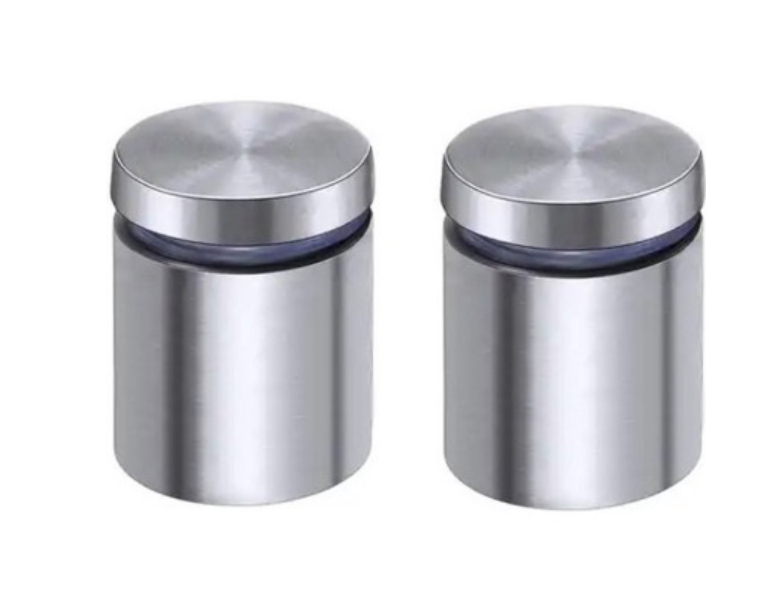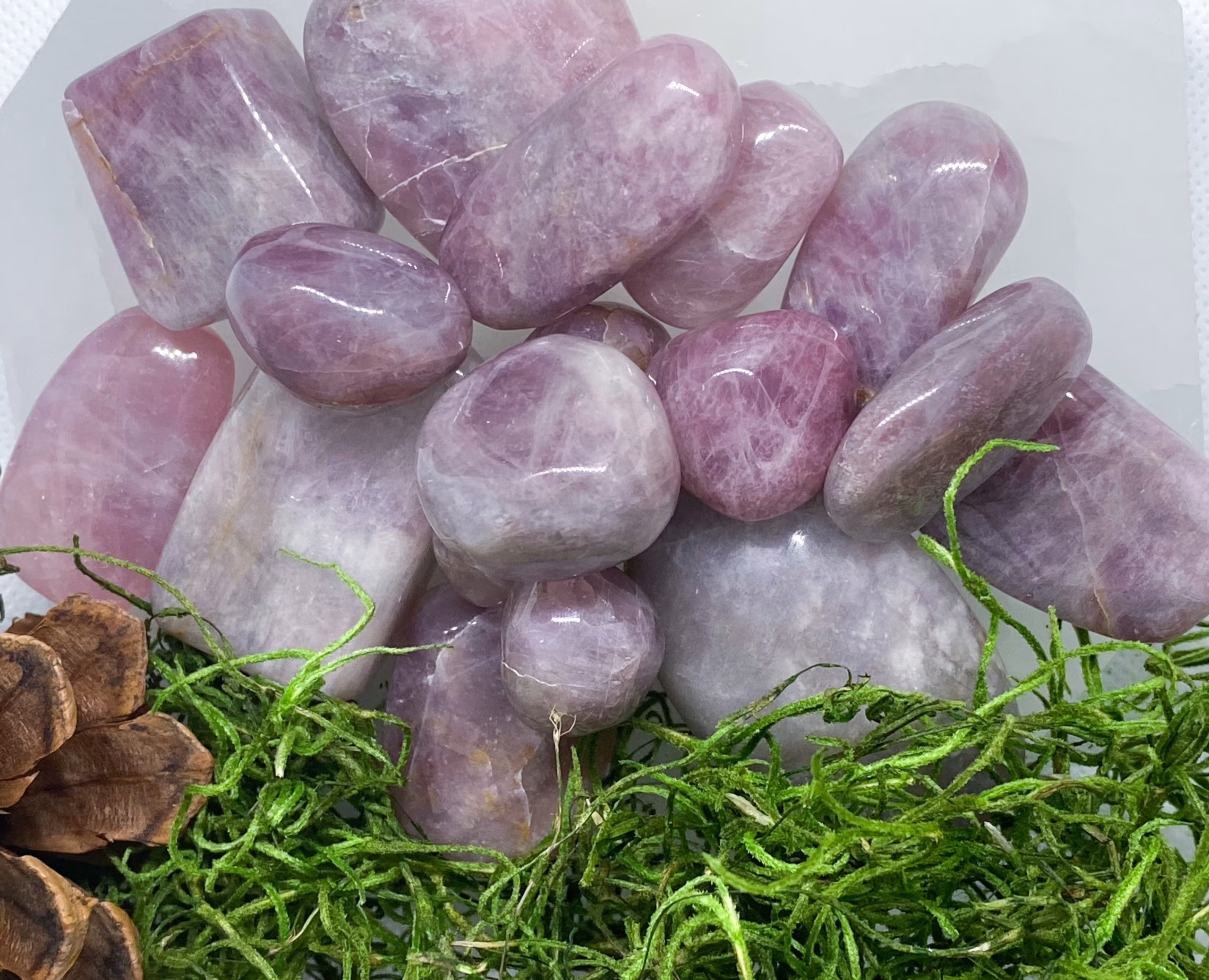Natural Alternatives to Chemical Drain Cleaners

In our daily lives, clogged drains are a common nuisance that can disrupt the smooth functioning of our homes. From slow draining sinks to completely blocked pipes, the quest for an immediate fix often leads us to reach for chemical drain cleaners. These products promise quick results, but at what cost? The convenience of chemical solutions is overshadowed by their potential to harm our health and the environment. Skin burns, respiratory issues, and severe water pollution are just the tip of the iceberg. Moreover, the harsh chemicals can also damage plumbing systems over time, leading to more severe problems than the clogs they were meant to clear.
Amid growing environmental awareness and concerns for personal health, there’s a shifting tide towards safer, more sustainable practices. Natural alternatives to chemical drain cleaners are not only effective but also ensure the well-being of our planet and ourselves. These methods range from simple household items to mechanical tools, all working in harmony with nature rather than against it. This article delves into the world of natural drain cleaning solutions, offering insights into why they’re needed, how they work, and when to use them. By turning to these eco-friendly alternatives, we can keep our drains flowing smoothly without compromising our health or the environment.
The Risks of Chemical Drain Cleaners
Chemical drain cleaners, including those used to unclog toilets, are a go-to solution for many, but their use comes with significant risks that cannot be ignored. The immediate danger they pose to our health is alarming. Direct contact with these substances can cause severe skin burns, while inhaling the fumes can lead to respiratory issues, including coughing and difficulty breathing. The long-term exposure risks are even more concerning, with potential links to chronic respiratory problems and other health issues.
The environmental impact of chemical drain cleaners is equally distressing. When flushed down our drains, these chemicals don’t just disappear; they make their way into water treatment systems and, eventually, natural water bodies. Here, they can cause water pollution, harming aquatic life and disrupting ecosystems. The potent ingredients in these cleaners, designed to dissolve clogs, can also contribute to the deterioration of our plumbing systems. Over time, the corrosive nature of these chemicals, especially when used in applications like chemicals to unclog toilets, can damage pipes, leading to leaks and the need for costly repairs or replacements.
Furthermore, the reliance on these harsh substances reflects a broader issue of our throwaway culture, where convenience often takes precedence over sustainability. As we continue to use and dispose of these chemicals, we contribute to a cycle of pollution that affects water quality, wildlife, and even our own health through the water we drink and the environment we live in.
Given these risks, it’s clear that the temporary convenience of chemical drain cleaners comes at a high price. The following sections will explore natural alternatives that offer a safer, more environmentally friendly approach to dealing with drain blockages. By understanding and adopting these methods, we can mitigate the harmful effects associated with chemical cleaners, ensuring a healthier home and a cleaner planet.
Understanding Your Drains
Understanding the intricacies of household drains is crucial for effective maintenance and blockage prevention. Blockages can occur from a variety of materials, including organic matter, hair, and grease, each with its own challenges and solutions. Organic matter, such as food scraps and soap scum, tends to decompose, causing foul odors and slow drainage. Hair binds together and to other debris, creating stubborn clogs, particularly in shower drains. Grease and oil from kitchen sinks solidify inside pipes, leading to significant blockages over time.
Different types of clogs require different approaches. For instance, mechanical methods like plunging may work well for hair and organic matter, but grease clogs often require a solvent that can dissolve the fat. Recognizing the type of blockage you’re dealing with is the first step in selecting the most effective cleaning method.
Natural Alternatives to Chemical Drain Cleaners
Natural alternatives offer safe and environmentally friendly solutions for clearing blocked drains. Here’s how to utilize some of the most effective natural cleaners:
a. Boiling Water
Simple yet effective, boiling water can be your first line of defense against minor clogs caused by soap scum or grease. Pouring boiling water directly down the drain can melt away the grease, allowing it to flow more freely. However, this method is not suitable for PVC pipes, as the high temperature can soften the material.
b. Baking Soda and Vinegar
A classic and potent combination, baking soda and vinegar can tackle a variety of clogs. To use, pour half a cup of baking soda down the drain, followed by an equal amount of vinegar. Cover the drain to contain the fizzing action, which helps to dislodge the blockage. After 30 minutes, flush the drain with hot water. The chemical reaction between baking soda and vinegar can break down fatty acids into soap and glycerin, allowing them to wash away.
c. Salt, Borax, and Vinegar
For tougher clogs, a mixture of salt, borax, and vinegar can be more effective. Combine a quarter cup of salt, a quarter cup of borax, and half a cup of vinegar. Pour the mixture down the drain, wait for an hour, and then follow with a pot of boiling water. This concoction is particularly good for grease and hair clogs.
d. Enzyme Cleaners
Enzyme cleaners are a biodegradable and safe option for all types of plumbing. These cleaners use natural bacteria to digest organic matter in the pipes, clearing the blockage and minimizing odors without damaging your pipes. They are effective over time and can be used as a maintenance tool to keep drains clear.
e. Mechanical Methods (Plungers and Drain Snakes)
Sometimes, a physical approach is necessary to remove clogs. Plungers can create a seal around the drain, and the vacuum effect can dislodge blockages. Drain snakes, on the other hand, can physically break through or retrieve clogs, making them ideal for stubborn blockages that chemical reactions can’t clear.
By understanding the nature of the clog and choosing the appropriate natural solution, you can effectively maintain your drains without resorting to harsh chemicals. These methods not only preserve the integrity of your plumbing but also protect your health and the environment.
Preventing Drain Blockages Naturally
Preventing drain blockages is crucial for maintaining a smooth and efficient plumbing system in any household. By adopting simple, natural practices, one can significantly reduce the likelihood of clogs and the need for harsh chemical cleaners. Here are several effective strategies:
Mindful Disposal Habits: Start with mindful disposal habits. Ensure that substances likely to clog drains, such as oils, grease, and coffee grounds, are disposed of in the trash rather than washed down the sink. Use sink strainers to catch food particles and hair, which are common culprits behind blockages.
Regular Flushing with Hot Water: Hot water helps dissolve fatty substances in your kitchen sink. Make it a routine to pour boiling water down the drain weekly to clear out oil, fat, and soap residues. This method is simple yet effective in keeping the drains clear.
Baking Soda and Vinegar Routine: Incorporate a monthly cleaning routine using baking soda and vinegar. Pour a half cup of baking soda followed by a half cup of vinegar down the drain, let it fizz for a few minutes, then flush with hot water. This natural reaction helps break down grime and prevents buildup.
Enzyme Drain Cleaners: Use enzyme-based cleaners monthly. These natural cleaners contain beneficial bacteria that break down organic matter in the pipes without damaging the plumbing or harming the environment.
When to Call a Professional
While many drain blockages can be effectively addressed with natural solutions, there are instances when professional help is necessary. If you encounter recurrent clogs that resist home remedies, it may indicate a deeper issue within your plumbing system, such as tree root intrusion or a severe blockage.
Signs you need professional intervention include water backing up in multiple fixtures, foul odors emanating from the drains, and slow drainage despite repeated attempts at clearing the blockage. Professionals have the tools and expertise to diagnose and resolve complex issues without risking further damage to your plumbing.
Calling a professional not only ensures that the problem is resolved efficiently but also helps prevent future blockages through expert maintenance tips and interventions. Additionally, professional drain cleaning services can provide a more thorough cleaning than DIY methods, potentially extending the lifespan of your plumbing system.
Conclusion
Choosing natural alternatives to chemical drain cleaners is not only a matter of maintaining our plumbing in good condition but also about safeguarding our health and protecting the environment. Through this article, we’ve explored various natural methods and preventive strategies that are both effective and eco-friendly. By adopting these practices, we can contribute to a healthier home and a cleaner planet.
It’s essential to remember that while natural solutions are effective for routine maintenance and minor clogs, professional assistance may be necessary for more severe blockages. Embracing these natural alternatives empowers us to make informed, responsible choices about how we care for our homes and the world around us. Let’s commit to these safer, sustainable practices for drain maintenance and enjoy the peace of mind that comes with a well-cared-for home.




